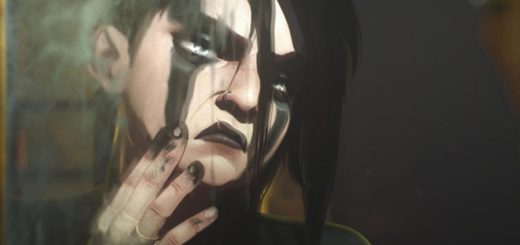Call of the Sea: Lovecraft, new studios, and the legacy of Myst
Call of the Sea was one of my favourite games of 2020. Even when I think about it now, I feel warmer. Partly that’s to do with the literal warmth of the tropical island setting, but I think more of it is to do with the gentle nature of the game. It’s a game without combat, a game about puzzles. A game with an eerie mystery pulling you farther in. It’s an adventure played at walking speed, both metaphorically and literally. And I relish that. I relish an adventure I can sink into like a comfy armchair each evening, one that doesn’t rough me up and shake me around before I sleep. I wish more games were like it.
And the more I read about Call of the Sea, the more remarkable it seems. It is the debut game by a Spanish studio called Out of the Blue Games (appropriately), and it was made in only a year-and-a-half. For a game to be built so assuredly in such a short space of time, by a new studio, is very impressive. Intrigued, I tracked down studio co-founder and Call of the Sea game director, Tatiana Delgado, for a chat.
Hello! How are you? How are things over in Madrid?
Tatiana Delgado: Well, it’s almost a year since Covid is started, so we are at home still and we’re good. We now are enjoying the release of the game and all the good reception we are getting.
I’m very fond of your game. It was one of my favourite games of last year. And you’ve just been nominated for a BAFTA-
Tatiana Delgado: Yeah! Wow, that was amazing. We cannot believe it. It’s… wow. [laughs]
You’re nominated for Best Debut. So who are Out of the Blue Games? You founded the studio, is that correct?
Tatiana Delgado: Yes. I have a business partner that is Manuel Fernandez, [and] we’ve been in the games industry for, I think, eighteen years. The average experience in this studio is more than ten years, so we have been working a lot of years in the gaming industry. And we have learned how, mostly, not to do things. We have been seeing so many mistakes being done in other companies. That’s why we were really very focused in production. We wanted to do a strong pre-production. We set the goals for the game and we tried to follow everything until the end, so we didn’t add anything crazy at the middle, or change systems. […] Everybody knew what they had to do.


